
baba nyonya 1 Spring Production & Art Studio
The Peranakan Chinese (or Baba-Nonya) are considered descendants of the overseas Chinese, particularly those who settled in the Southeast Asian region (). Peranakan is a Malay word whose root word is anak, which means child; therefore, Peranakan means locally born. The term refers to a community which formed out of mixed ethnic ancestry, predominantly with the Chinese, Europeans, Indians, and.
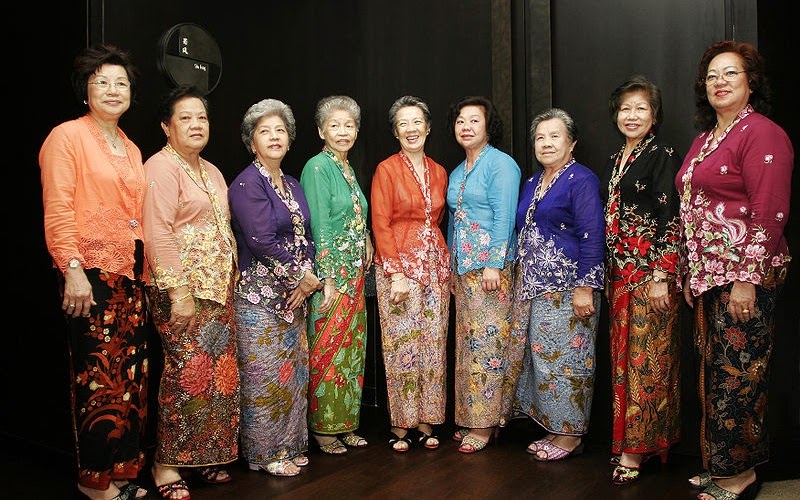
BABA NYONYA INTRODUCTION
Laksa Nyonya (curry noodles with coconut milk) A mouthwatering coconut curry soup, laksa nyonya is a mainstay of Baba Nyonya cuisine. There are a number of laksa variations and ingredients change from region to region. It is traditionally made with a fish-based gravy of prawns, often combined with chicken, and served with thick rice noodles or thin vermicelli.
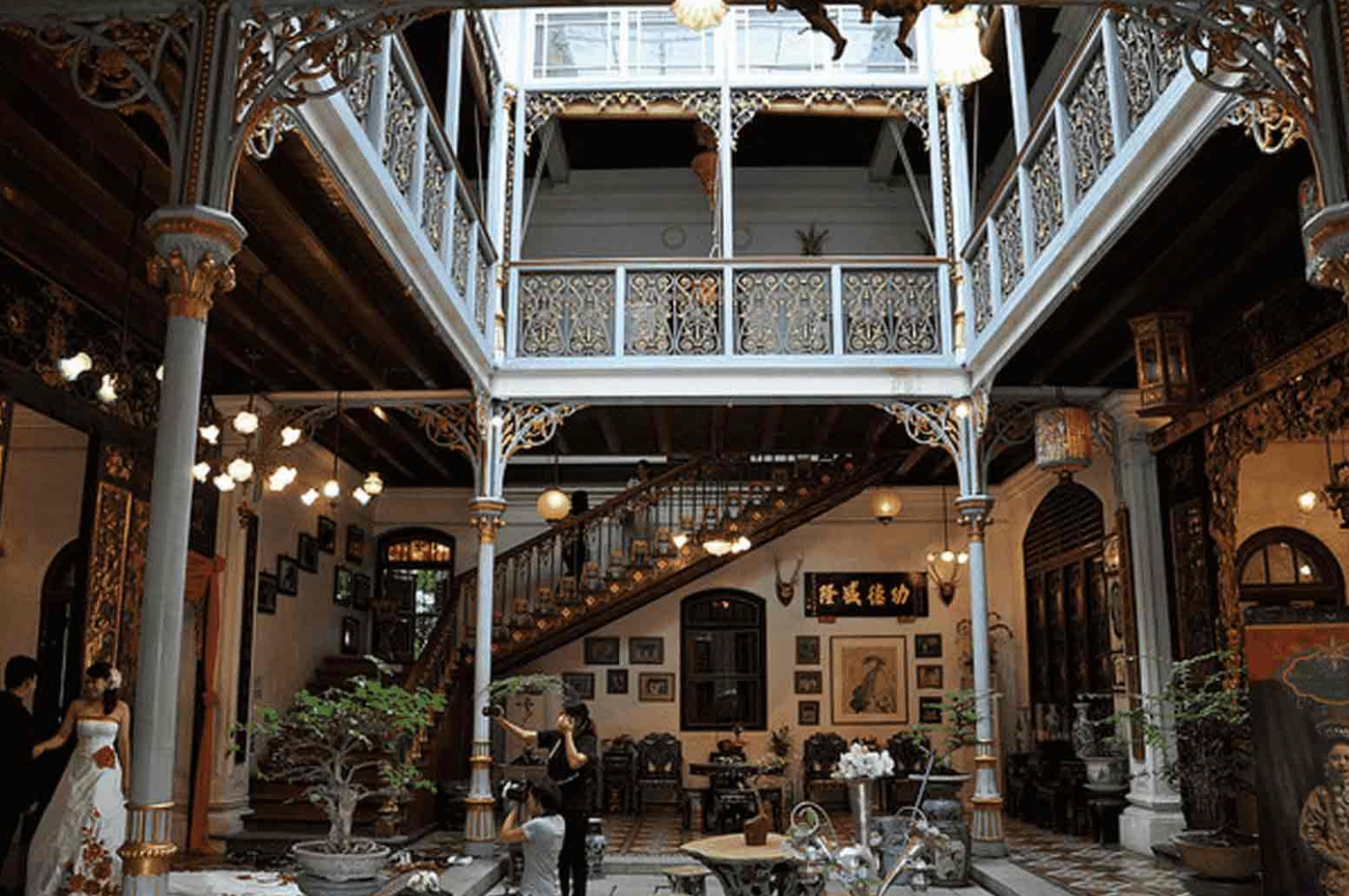
Baba & Nyonya Heritage Museum, Malacca, Malaysia Gokayu, Your Travel
The origin of Baba Nyonya can be traced back to centuries ago when the Chinese emigrated from China to the British Straits Settlement of Melaka, Singapore, Penang and also Java of Indonesia. The Chinese then married the local females and their distinct background, cultures and customs blended together harmoniously and became baba nyonya in.
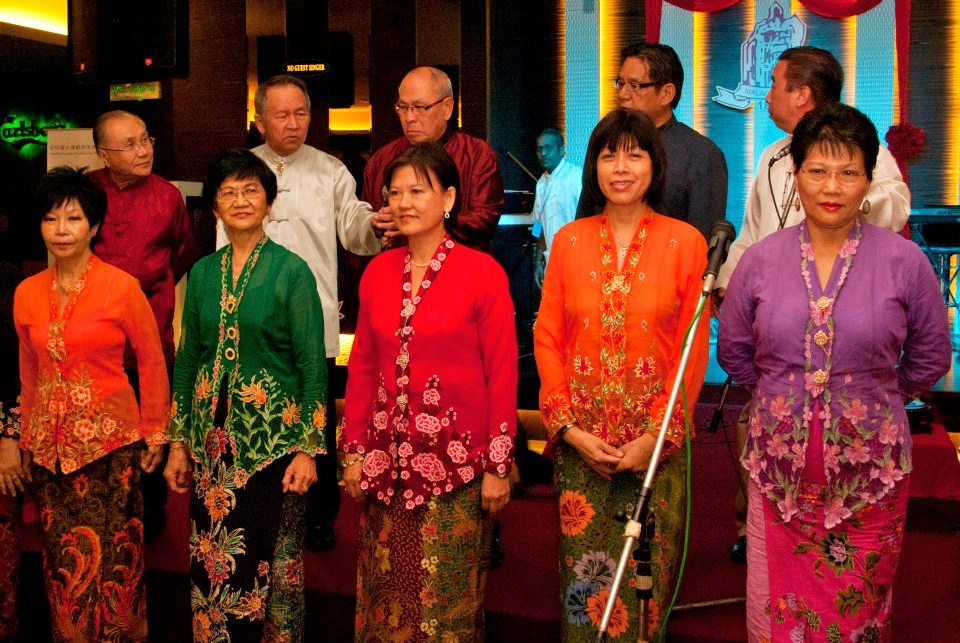
Uniquely Melaka The Baba and Nyonya Culture
The term Baba and Nyonya are being referred to the men and women respectively. This culture is being passed down until this day and can be seen in Malaysia, Indonesia, and Singapore, especially in Melaka and Penang in Malaysia. Here are eight interesting facts you probably did not know about the Baba Nyonya culture: 1.

Baba & Nyonya Heritage Museum (Melaka) All You Need to Know BEFORE You Go
Straits-born Chinese men are commonly called Baba, whereas the women are called Nyonya. The Hokkien-Malay creole characteristic of the Singaporean and Malaysian Peranakan population is known as Baba Malay; since the mid-20th century, however, the language has largely been replaced by local forms of English. Are you a student?
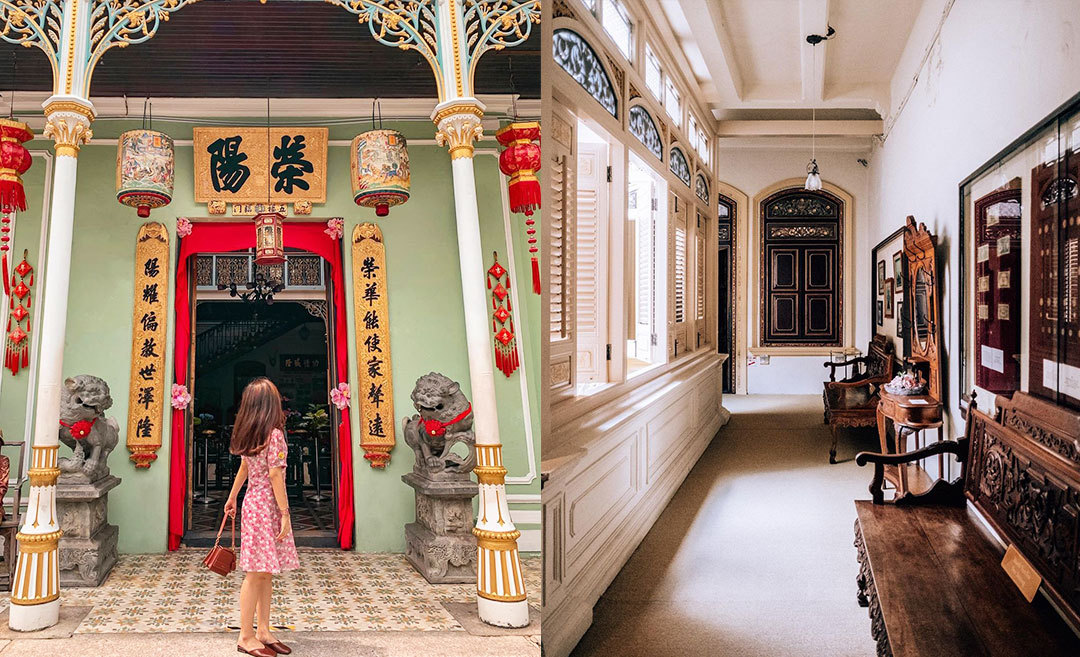
Fun Facts About BabaNyonya Culture & Traditions Zafigo
The heritage of the Baba-Nyonyas is unique and plays an important role in Malaysian history. Here are some interesting facts you may not know about this incredible culture. (Left: Image by @chlorischow. Right: Image by @d_chum .) In the spirit of celebration, we're ending 2023 with a big Christmas giveaway!
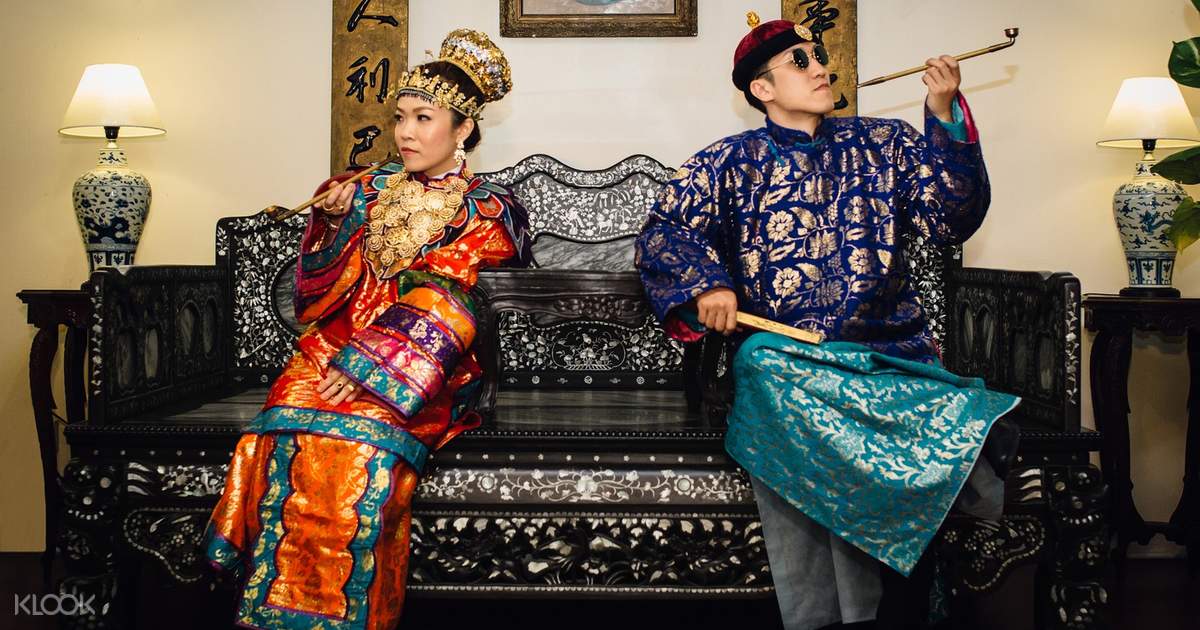
What Is Baba Nyonya Baba And Nyonya Tsem Rinpoche Nyonya baba or
Baba dan Nyonya atau Peranakan Cina adalah segolongan keturunan kaum Cina yang unik kedudukannya di kalangan kaum Cina di dalam kumpulan etnik yang dinamakan Peranakan yang terdapat di Semenanjung Tanah Melayu, tertumpu di Negeri-negeri Selat, khususnya di negeri Melaka, Pulau Pinang di Malaysia dan Republik Singapura.

KEUNIKAN KAUM BABA & NYONYA
Baba-Nyonya is a word meaning the descendants of Chinese migrant men and native Malaysian women, where the men are Baba and women are Nyonya. As is clear from its very etymology, Baba-Nyonya represents novel cross-cultural results, as seen in the trade between India, China, and European countries.

Things that you might not know about Baba Nyonya Teh Talk
In Baba Malay, a female Peranakan is known as a nonya (also spelled nyonya ), and a male Peranakan is known as a baba. The cuisine combines Chinese, Malay, Javanese, South Indian, and other influences. Overview

perkahwinan baba nyonya Ozella Willey
The term Baba is an honorific term for a Peranakan male. Strictly speaking a Peranakan-Chinese Baba is a descendant of a Chinese who has had long residence in the Straits, as opposed to the local-born children of nineteenth century Chinese immigrants. Nyonya is term given to a Peranakan female.
.JPG.transformed.jpg)
Keunikan Budaya Masyarakat Baba Dan Nyonya Di Melaka. / Adat Baba
The Baba Nyonyas or Peranakan Chinese form a rich part of Malaysia's multicultural heritage. Comprising early immigrants from China who journeyed to Southeast Asia between the 14th and 19th centuries and married local women, they formed a unique hybrid culture which incorporates Sino-Malay influences.

Baba Nyonya Traditional Clothing / Baba Nyonya house Nice traditional
Home - Baba & Nyonya Heritage Museum - Home of a Peranakan Family Since 1861 No. 48 & 50 Jalan Tun Tan Cheng Lock 75200 Melaka, Malaysia Tel 服务专线: +606-282 1273 Mail 邮址: [email protected] Operating Hours 游览时间: 10am - 5:00pm (Tues - Sun) (Last admission 4:15pm) BOOK A TOUR

Baba Nyonya Traditional Clothing KatelynnhasRocha
The Peranakans, also known as the Baba-Nyonya in the Malay Peninsula, are descendants of the first-wave Southern Chinese settlers in Southeast Asia. Their culture, now endangered, is prevalent in.

Baba & Nyonya Heritage Museum Visit Malaysia Today!
What is Baba Nyonya Food? From the Malay influence, a unique "Nyonya" cuisine has developed using typical Malay spices and blending of Chinese ingredients with various distinct cooking techniques used by the Malay community. This gives rise to Peranakan interpretations of Malay food that is similarly tangy, aromatic, spicy and herbal.

Baba Nyonya Traditional Clothing ElyseqoOlsen
Peranakan or Nyonya food is known for its mix of Chinese, Malay, Indian and Eurasian ingredients and cooking methods. Ad Feedback. Destinations Food & Drink.

Baba Nyonya Traditional Clothing Jamirextisneros
The Peranakans ( / pəˈrɑːnəˌkɑːn, - kən /) are an ethnic group defined by their genealogical descent from the first waves of Southern Chinese settlers to maritime Southeast Asia, known as Nanyang ( Chinese: 南洋; pinyin: nán yáng; lit.